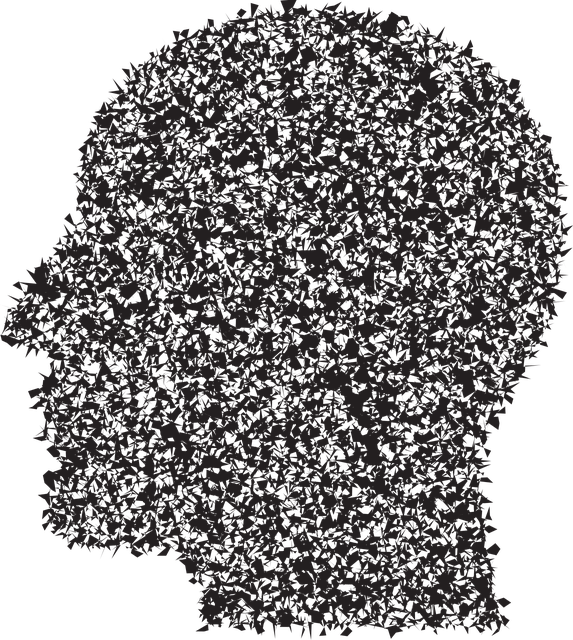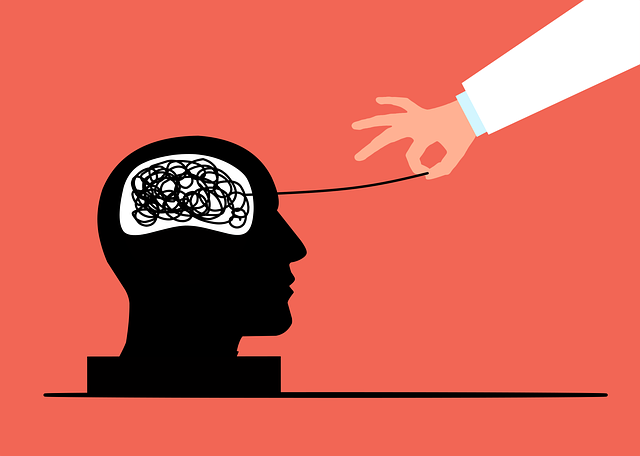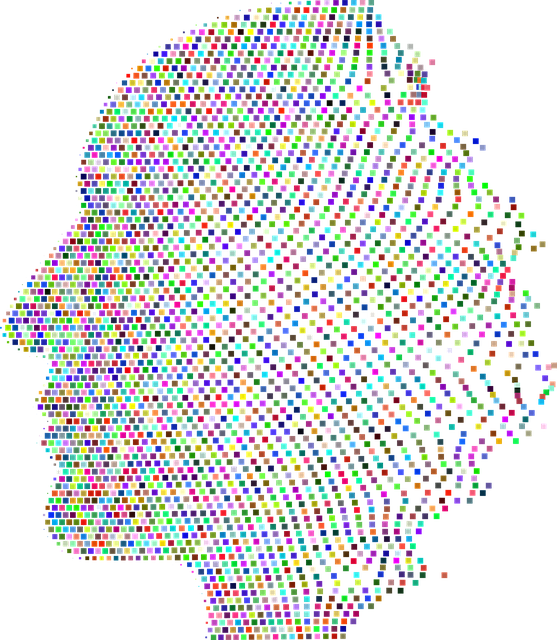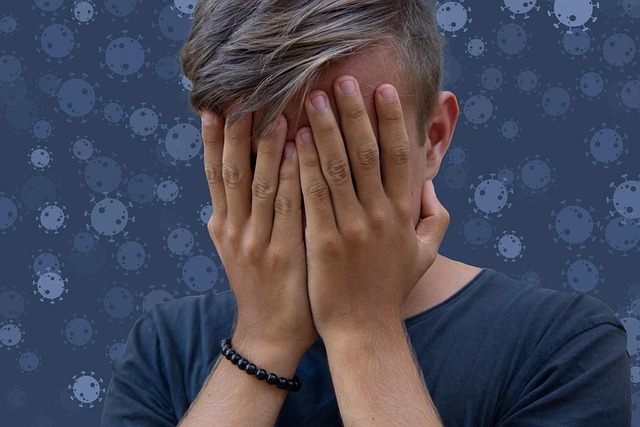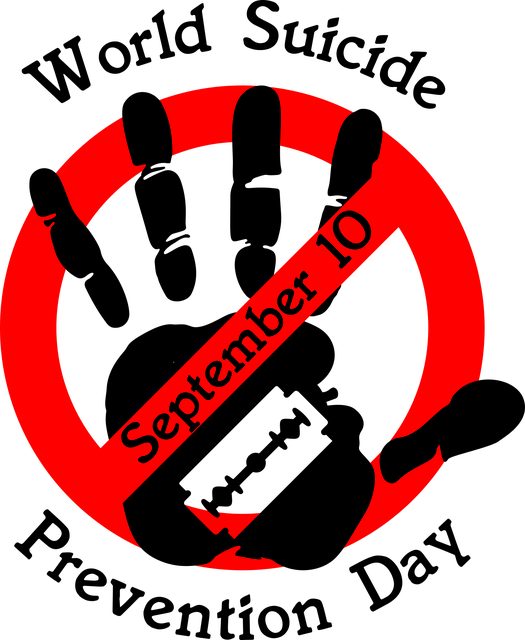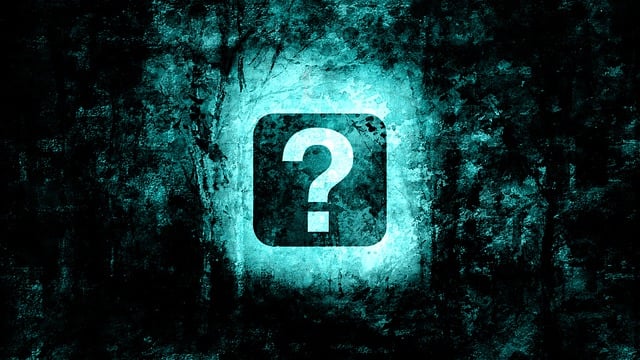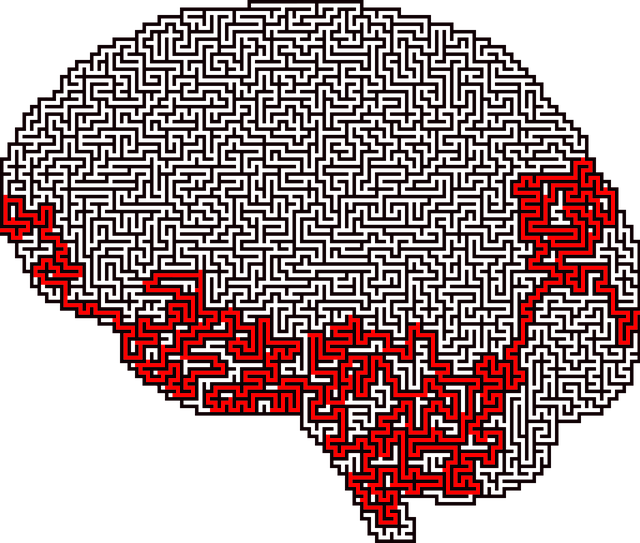Mental wellness self-assessment tools are crucial for identifying early signs of issues in young children and empowering them with healthy coping mechanisms, especially for managing anger. Integrating anger management techniques into these assessments is beneficial, focusing on open communication, deep breathing, and positive self-talk. Early intervention through play, art, and cognitive behavioral therapies prevents severe conditions like depression. Self-assessment tools enhance personal growth, resilience, and emotional regulation skills in young children, benefiting therapy, parents, and educators. This holistic approach contributes to overall well-being and a brighter future for young minds.
Mental wellness self-assessment tools play a pivotal role in early childhood development, particularly in identifying and addressing issues like anger management. This article explores the crucial need for such tools, focusing on their impact on young children’s mental health. We delve into designing effective therapy techniques specifically tailored for anger management, highlighting how self-assessment can foster personal growth and resilience in young minds. By integrating these assessments, we aim to enhance therapeutic outcomes and support the holistic development of kids.
- Understanding the Need for Self-Assessment Tools in Mental Wellness for Young Children
- Designing Effective Therapy Techniques for Anger Management in Kids
- Integrating Self-Assessment to Facilitate Personal Growth and Resilience in Young Minds
Understanding the Need for Self-Assessment Tools in Mental Wellness for Young Children

Mental wellness self-assessment tools play a pivotal role in identifying and addressing emerging issues in young children. As young minds navigate complex emotions and social dynamics, early detection through self-assessment can be life-altering. These tools provide an accessible way for kids to express their feelings and experiences, helping them develop healthy coping mechanisms. For instance, integrating anger management techniques into these assessments can prove beneficial, as it’s a common challenge faced by many young children, impacting their relationships and academic performance.
Furthermore, the development of self-assessment tools should consider enhancing children’s confidence and empowering them to take an active role in their mental health journey. Healthcare provider training on cultural competency is also crucial, ensuring these tools are inclusive and sensitive to diverse backgrounds. By incorporating strategies for mood management, these assessments can contribute to a holistic approach to therapy for young children, fostering resilience and overall well-being.
Designing Effective Therapy Techniques for Anger Management in Kids

Anger is a natural emotion, but when it becomes intense and frequent in young children, it can be a significant indicator of underlying mental health issues. Designing effective therapy techniques for anger management in kids involves creating safe and supportive environments that foster open communication. Therapists should encourage children to express their feelings through words rather than actions, teaching them crucial coping skills development strategies like deep breathing exercises and positive self-talk.
In the context of mental health policy analysis and advocacy, addressing anger management early can help prevent more severe conditions like depression prevention in later life. By incorporating play therapy, art therapy, and cognitive behavioral therapy techniques, therapists can tailor their approach to each child’s unique needs, ensuring they gain the tools needed to navigate their emotions healthily.
Integrating Self-Assessment to Facilitate Personal Growth and Resilience in Young Minds

Integrating self-assessment tools into therapeutic practices for young minds can be a game-changer in fostering personal growth and resilience. These assessments allow children to gain insights into their emotions, thoughts, and behaviors, helping them develop emotional regulation skills that are crucial for navigating life’s challenges. By encouraging self-reflection, therapists can empower young individuals to understand and manage their mental wellness proactively. For instance, incorporating strategies like anger management techniques through interactive self-assessment workshops can help children identify triggers and learn healthy coping mechanisms.
This approach not only assists in therapy but also serves as a valuable resource for parents and educators. Burnout prevention strategies for healthcare providers, such as stress management workshops organization, can be adapted to support young people’s mental health. Teaching emotional regulation skills early on can prevent the onset of more severe issues later in life, ensuring a brighter and more resilient future for these young minds.
Mental wellness self-assessment tools play a pivotal role in empowering young children to understand and manage their emotions, particularly in addressing anger management issues. By integrating these tools into therapy sessions, professionals can facilitate personal growth and resilience, enabling kids to navigate challenges with enhanced emotional intelligence. Effective therapy techniques tailored for young minds not only improve current mental health but also lay the foundation for long-term well-being.
